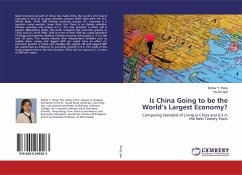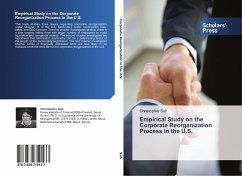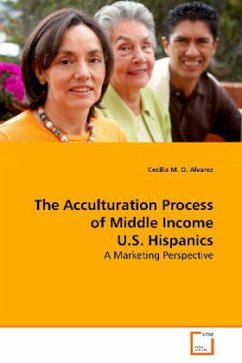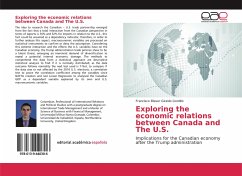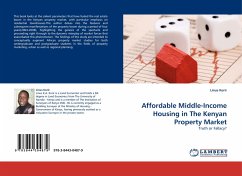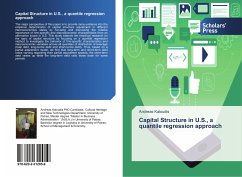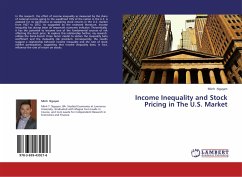
Income Inequality and Stock Pricing in The U.S. Market
Versandkostenfrei!
Versandfertig in 6-10 Tagen
27,99 €
inkl. MwSt.

PAYBACK Punkte
14 °P sammeln!
In this research, the effect of income inequality as measured by the share of national income going to the wealthiest 10% of the nation in the U.S. is assessed for its significance at explaining stock returns in the U.S. market from 1927 to 2012. As suggested by the reviewed literature, income inequality has always been an important economic indicator. Theoretically, it has the potential to become one of the fundamental sources of risk affecting the stock price. To explore this relationship further, my research utilizes the Fama-French three factor model to obtain the inequality beta coefficie...
In this research, the effect of income inequality as measured by the share of national income going to the wealthiest 10% of the nation in the U.S. is assessed for its significance at explaining stock returns in the U.S. market from 1927 to 2012. As suggested by the reviewed literature, income inequality has always been an important economic indicator. Theoretically, it has the potential to become one of the fundamental sources of risk affecting the stock price. To explore this relationship further, my research utilizes the Fama-French three factor model to obtain the inequality beta coefficient and the inequality risk premium. Consequently, the results suggest a relationship between income inequality and the rate of stock market participation, suggesting that income inequality does, in fact, influence the rate of return on stocks.




